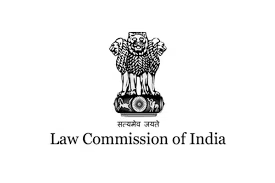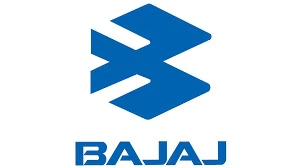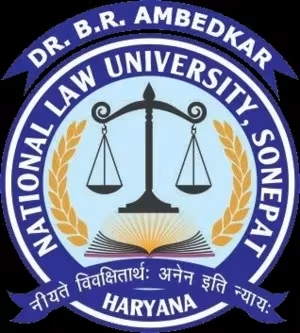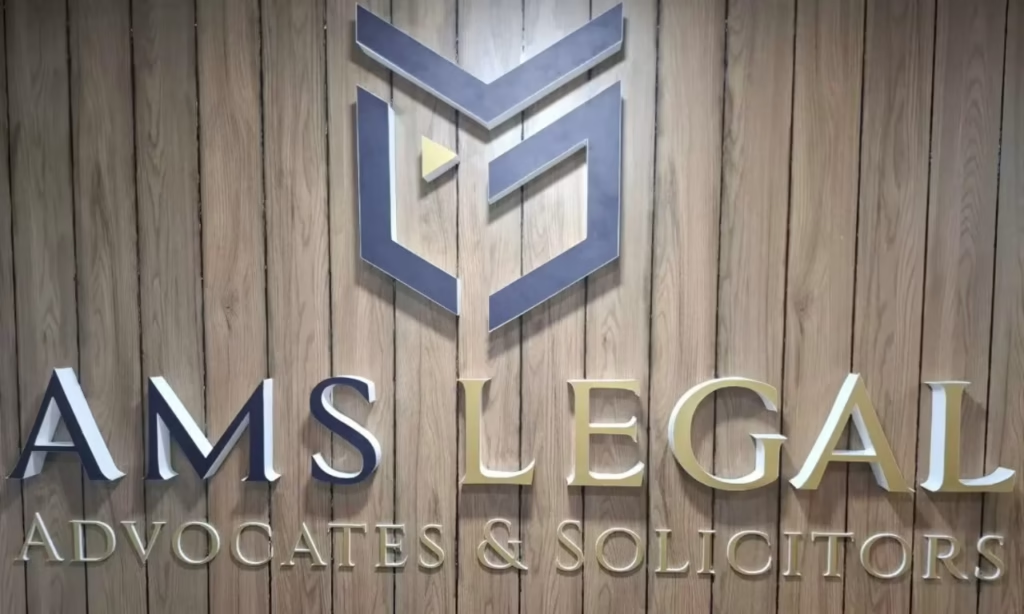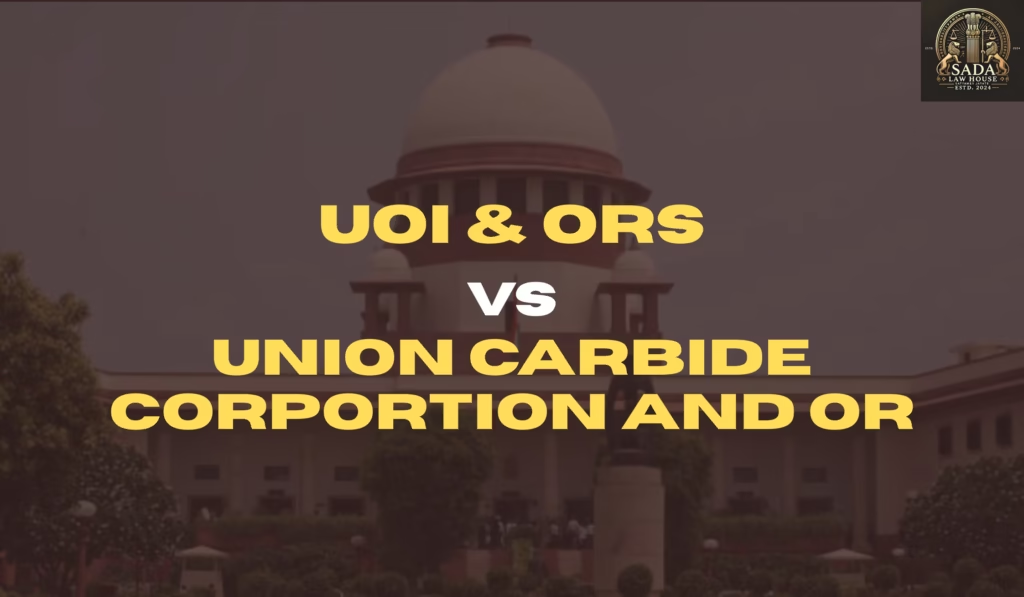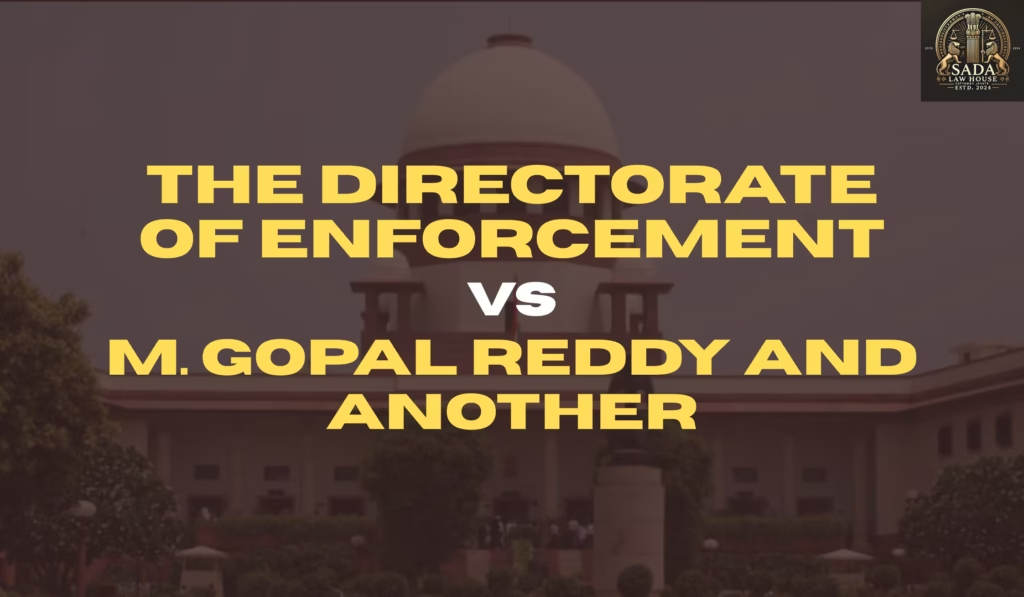Trending Today Supreme Court Judgment on Union of India vs Union Carbide Corporation (2023) | Bhopal Gas Tragedy Settlement & Legal Finality Applicability of Section 45 of PMLA to Anticipatory Bail: Supreme Court Judgment in Directorate of Enforcement vs M. Gopal Reddy (2023) Supreme Court Rules on Builder’s Liability and Mandatory Bank Deposits in K.L. Suneja v. Manjeet Kaur Monga Case (2023) Supreme Court Judgment on District Judge Appointment: Only 10% Posts Through Limited Departmental Competitive Examination Allowed – Rajendra Kumar Shrivas v. State of Madhya Pradesh (2023) Supreme Court Judgment on Bail Policy Strategy: Ensuring Timely Release of Undertrial Prisoners in India (January 2023) Naim Ahmed v. State of Delhi: Supreme Court Ruling on Consent and False Rape Allegations under IPC Section 376 Supreme Court Strikes Down Assam’s Rural Health Act: Only MBBS Holders Can Practice Modern Medicine US Court Convicts 6 NRIs in $15 Million Hawala Scam Tied to Dark Web and Money Laundering Supreme Court Ruling: Land Ownership Requires Valid Title, Not Just Registration K.T. Rama Rao Under Fresh Scrutiny in ₹55 Crore Formula E Probe: ACB Investigates Public-Private Deal Irregularities Supreme Court Judgment on Union of India vs Union Carbide Corporation (2023) | Bhopal Gas Tragedy Settlement & Legal Finality NISHA KUMARI 18 June 2025 Explore the 2023 Supreme Court judgment in Union of India vs. Union Carbide Corporation, reaffirming the 1989 Bhopal Gas Tragedy settlement. Understand its legal implications, curative jurisdiction limits, and government accountability in mass tort cases. Overview of the Case The 2023 judgment in Union of India & Ors vs. Union Carbide Corporation marked a pivotal moment in India’s legal response to the Bhopal Gas Tragedy—one of the world’s deadliest industrial disasters. On the night of December 2–3, 1984, a catastrophic gas leak from the Union Carbide India Limited (UCIL) plant in Bhopal, Madhya Pradesh, resulted in thousands of deaths and long-term health damage to countless victims. In 1989, a $470 million settlement was reached between the Union of India and Union Carbide Corporation (UCC). However, over time, concerns were raised regarding the adequacy of that compensation, leading to a curative petition filed in 2010. Background and Legal History The Bhopal Gas Leak: A Brief Recap The toxic methyl isocyanate (MIC) gas leak exposed over half a million people, resulting in long-term environmental and health consequences. Following years of legal battles, the Supreme Court of India approved the 1989 settlement, emphasizing closure and certainty. Union of India’s Curative Petition (2010) Decades later, the Indian government argued that the settlement was based on outdated data and failed to address continuing damages. It sought additional compensation, invoking the Court’s curative jurisdiction to reopen the case. Key Legal Issues The Supreme Court addressed several critical questions: Can the 1989 settlement be reopened due to alleged under-compensation? Does the principle of legal finality override curative claims? Can Dow Chemical Company, UCC’s successor, be held liable? Is the Union of India accountable for failures in relief and rehabilitation? Arguments Presented Union of India (Petitioner) The 1989 compensation was based on underestimated figures. Victims continue to suffer from severe health issues. The burden of compensation should not fall on taxpayers. Union Carbide Corporation (Respondent) The 1989 settlement was legally binding and upheld by the Court multiple times. No new legal grounds justify reopening a 34-year-old agreement. Dow Chemical was not a party to the original settlement and cannot be held liable retroactively. Supreme Court Judgment (March 14, 2023) The Supreme Court of India dismissed the curative petition filed by the Union of India. The Court upheld the 1989 settlement and refused to reassess the matter. Key Takeaways from the Judgment 1. Finality of Legal Settlements The Court stressed that reopening settled cases after decades could threaten the integrity of the legal system. It reaffirmed the finality of the 1989 agreement, previously upheld in 1991. 2. Limits of Curative Jurisdiction Curative petitions are reserved for cases of gross miscarriage of justice. The Court ruled that no such miscarriage had occurred here. 3. Government’s Moral Obligation The judgment criticized the government’s failure to utilize previously allocated funds efficiently and emphasized that future relief efforts are the state’s responsibility, not UCC’s. 4. No Ruling on Dow Chemicals’ Liability Since Dow Chemicals was not part of the original case, the Court refrained from passing judgment on its potential liability. Conclusion The 2023 verdict in Union of India vs. Union Carbide Corporation underscores the importance of judicial consistency, legal closure, and state accountability in mass tort litigation. The ruling reinforces that settlements, once judicially endorsed, cannot be reopened casually—highlighting the Supreme Court’s commitment to legal certainty while urging better governance in managing public tragedies. Leave a Reply Cancel Reply Logged in as Sada Law. Edit your profile. Log out? Required fields are marked * Message* Case Laws Supreme Court Judgment on Union of India vs Union Carbide Corporation (2023) | Bhopal Gas Tragedy Settlement & Legal Finality Sada Law • June 18, 2025 • Case law • No Comments Applicability of Section 45 of PMLA to Anticipatory Bail: Supreme Court Judgment in Directorate of Enforcement vs M. Gopal Reddy (2023) Sada Law • June 18, 2025 • Case law • No Comments Supreme Court Rules on Builder’s Liability and Mandatory Bank Deposits in K.L. Suneja v. Manjeet Kaur Monga Case (2023) Sada Law • June 18, 2025 • Case law • No Comments 1 2 3 … 5 Next »


